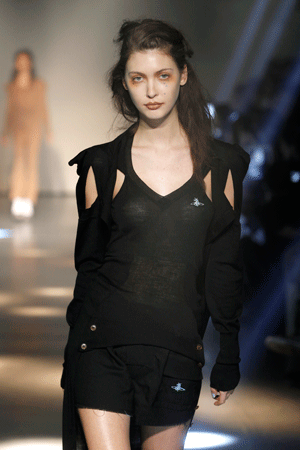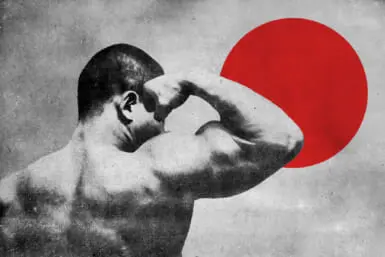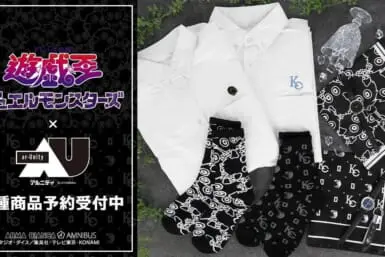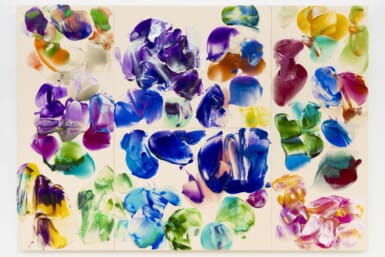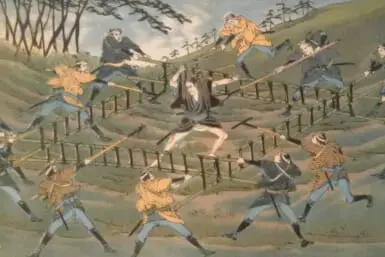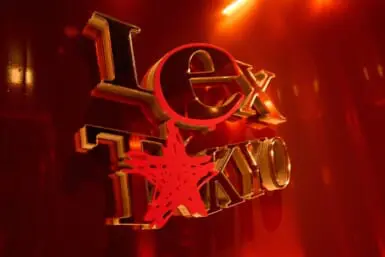Few designers capture the imagination quite like Vivienne Westwood. She’s become a national treasure in the UK after surprising audiences with her subversive, unconventional style for more than 40 years; she has constantly challenged conservatism and asked shoppers to step out of their comfort zone and try something bold.
She divides opinion. Critics have described her clothes as both ‘breathtaking’ and ‘ridiculous’, though never boring. Her “Anglomania” line celebrates femininity and is renowned for its asymmetrical cuts and masterful draping techniques; “Gold Label” includes the famous wedding dress worn by Carrie Bradshaw in Sex and the City; the Diamond Jubilee inspired her “Red Carpet Capsule Collection” and “Red Label” is a collection which showcases the eccentricities of British fashion. “Man” caters for everyone from the discerning businessman to the adventurous man about town.
It would be wrong, however, to describe Westwood as simply a fashion designer.
“This woman was once a punk,” said the tagline on the cover of Tatler beneath Westwood dressed as Thatcher in 1989. She is a political activist who is still never shy in coming forward. We recently spoke with the 71-year-old three-time winner of British fashion designer of the year to hear her thoughts on Japan, Prince Charles and the arrests of Leonard Peltier and Julian Assange. Here she is, in her own words:
Everything the Japanese do is worth doing well. I like the formality with which they attend to everything. They give charm to life with attention to detail and their sense of the exquisite, for example with their food and the way they serve it. They are beautifully polite, they know how to relax and they love to laugh.
The more I travel to Japan the more I like it. In Tokyo, I love to walk through Ueno Park and to visit the museums. People here are very well groomed and smart; they are slim and have good posture. I think they like clothes in the English tradition. Young people especially like to put together an individual look.
If I only had a month left on earth, I’d watch the Noh theatre in Tokyo. It’s primitive, but also complicated and profound. You just don’t want to leave. It touches something so human in all of us.
I have been campaigning for the release of (Native American activist) Leonard Peltier for many years now. He has been in jail for 28 years for a crime he did not commit. The federal authorities of the US government have admitted on record that he was convicted on their false evidence. His case is a very emotional one because he is an American Indian wrongly convicted of killing two FBI agents. But I am not fighting his cause as an Indian or as a political activist; I am fighting for justice before the law.
I am Julian Assange, we are Julian Assange. His fight is our fight. It is a fight for freedom – freedom of information. Julian could be facing life imprisonment, or even the death sentence, if extradited. He may simply disappear. New laws that protect the people in power take away our basic freedoms and rights. Through Wikileaks, Julian Assange continues to expose the lies and distortions of the authorities.
It is criminal that governments do nothing effective to help with environmental problems. For a couple of decades I’ve been really upset about issues such as climate change and I couldn’t bear the idea that we’re still cutting down the rainforests. It’s quite obvious that the sooner we do something, the better, so I decided to start with the rainforest because if we can’t save them, we’ve got no chance.
We are an endangered species. We face extinction through climate change. We can campaign for one thing at a time – my choice is to save the rainforest. “Cool Earth” (coolearth.org) can save the great forests on the equator by 2020. They need £100 million. This is do-able.
Prince Charles has done more good than any other politician I can think of. He has used his position to try to make the world a better place. I believe we are dangerously short of culture and in imminent danger from climate change and that these things are connected. Prince Charles works on both these fronts. He actually helped broker a deal between Guiana and Norway to save the rainforest in South America.
Reading is the most concentrated form of experience you can have. Books, not magazines. Cultivate the habit. The most important books of the 20th century in English are “Brave New World” by Aldous Huxley and “1984” by George Orwell. My own greatest reading experience is the Chinese 18th century classic by Cao Xueqin, “The Story of the Stone”. Whatever you think of China now or during the 20th century, this story gives great insight into human nature and also the importance of Chinese civilization.
Vivienne Westwood spoke with Matthew Hernon.


